Yes, they will produce energy in low light conditions although the energy production will be lower. For more information, please take a look at this blog.
Some states are setting standards to have a certain amount of energy produced from renewable sources by a certain date. These standards are called Renewable Portfolio Standards.
Everyone saves by going solar. The amount saved will depend on the size of the system you install.To understand how much savings you can enjoy by going with solar panels in North Carolina please see our blog here.
South, southwest and southeast facing roofs are typically the best. Eastern and western roofs also produce good energy.
Yes, we offer two main payment options for solar panels including solar purchases or a solar loan through a third party lender. You can compare options here. If you’re not sure which payment plan is best for you, our Solar Power Experts can guide you to the best payment option for your solar power system.
Solar systems have no moving components, and are therefore maintenance free. Solar panels are known to provide more than 30 years of continuous renewable energy production.
Our solar panels come with a 25 year 92% guaranteed power output warranty. This is the best warranty currently offered on solar energy production systems.
Government regulations mandate that grid tied solar systems be disconnected from the grid during an outage so no workers are hurt from the energy being produced by your home. This is called anti-islanding protection.
However, we offer outlets with our battery backed up solar systems that will be powered in case of an outage. If energy is needed during an outage then a battery backup system is the best option!
Yes, through a process called “net-metering”, you can send any unused solar power back to your local utility company in exchange for credits that offset your monthly utility bill. At the end of the month, customers are charged the ‘net’ difference between the amount of energy they consume and the power they send to the grid. Learn more about how net-metering works here.
Almost all large utilities, including Duke Energy, offer net-metering. Some smaller co-op’s might not have systems in place. Give us a call and we can find out your local net metering policies for you.
Yes, for a grid-tied system. Since any excess energy produced will be going back to the grid. But rest assured, we handle the complete application process.
Solar panels are designed to withstand whatever nature has to throw at them. Manufacturers take solar module strength very seriously, as this video demonstrates.
A solar system can be designed to offset as much of your energy needs as you desire. We offer solar systems of all sizes.
Typically normal rainfall is enough to clean a solar panel. If your solar panels need additional cleaning, our solar professionals will guide you on the most efficient cleaning routines.
There are solutions available to tackle shading and still produce good energy. We can do an free onsite analysis by tracking the movement of the sun on your home and finding the best system design. There are inverters in the market specifically designed to combat shaded roofs.
The solar inverter is a device that converts DC power generated by the solar panels into AC power that is used by homes and businesses.
While HOAs do have the legal right to object to solar panel placement, homeowners have a lot more leverage than they think. 8MSolar will work with you on filing your HOA application to minimize any chance of a rejection. Learn more about your rights as a homeowner here.
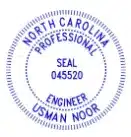
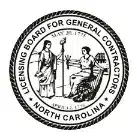
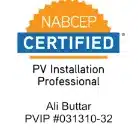
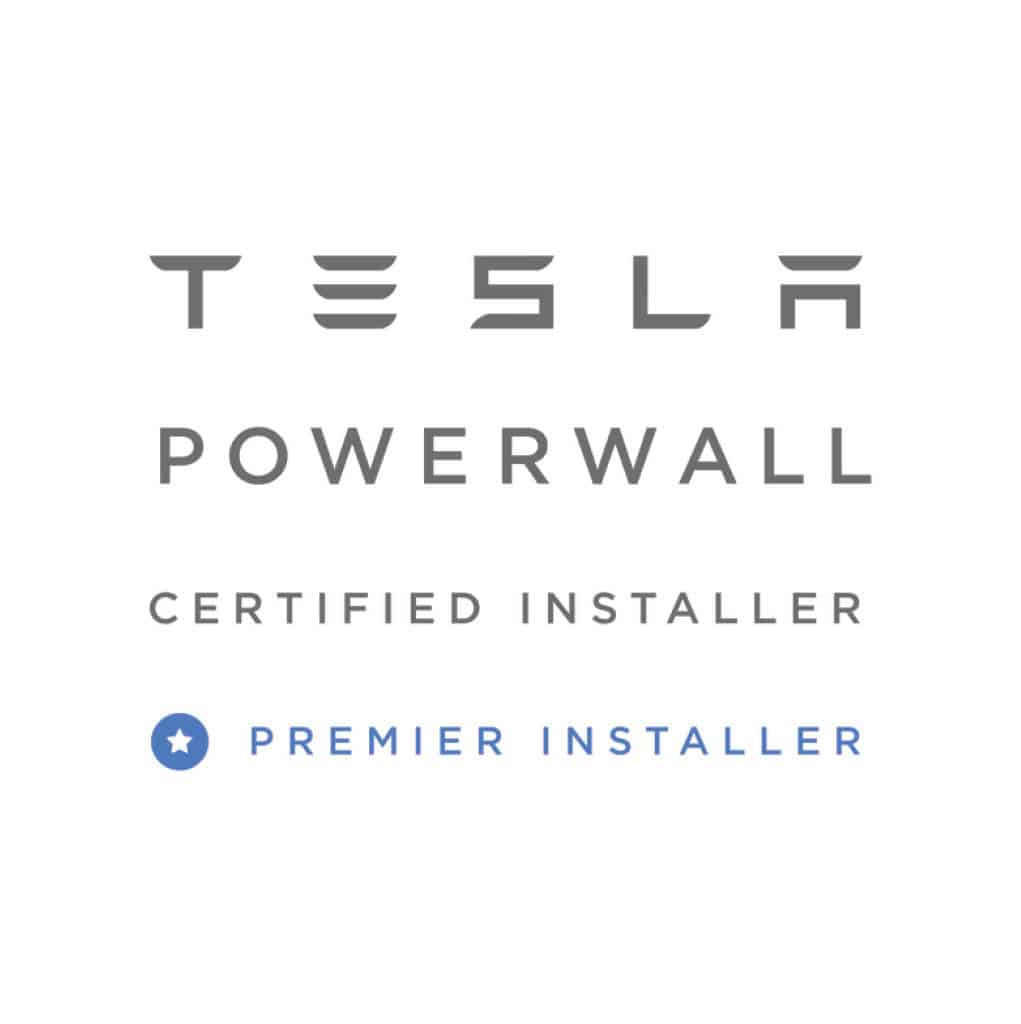


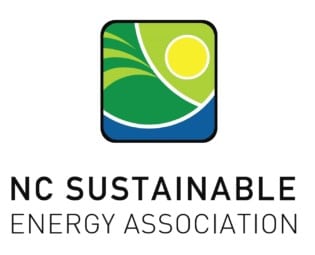
8MSolar is the highest rated solar panel installation company in North Carolina. We help install solar energy in North Carolina for homes, businesses and non-profits. We focus on installing Solar PV panel systems that are cutting edge, beautiful and reliable.
Copyright 2024 © 8MSolar